Kingston Maurward College

Course Information
Overview
Qualification
Course Content
Entry Requirements
Next Steps
Career Opportunities
Dates & Fees
Dates & Times| Start date: | End date: | Start time: | End time: |
|---|---|---|---|
| Mode of attendance |
|---|
| Day of the week | Number of sessions |
|---|---|
Materials Required


